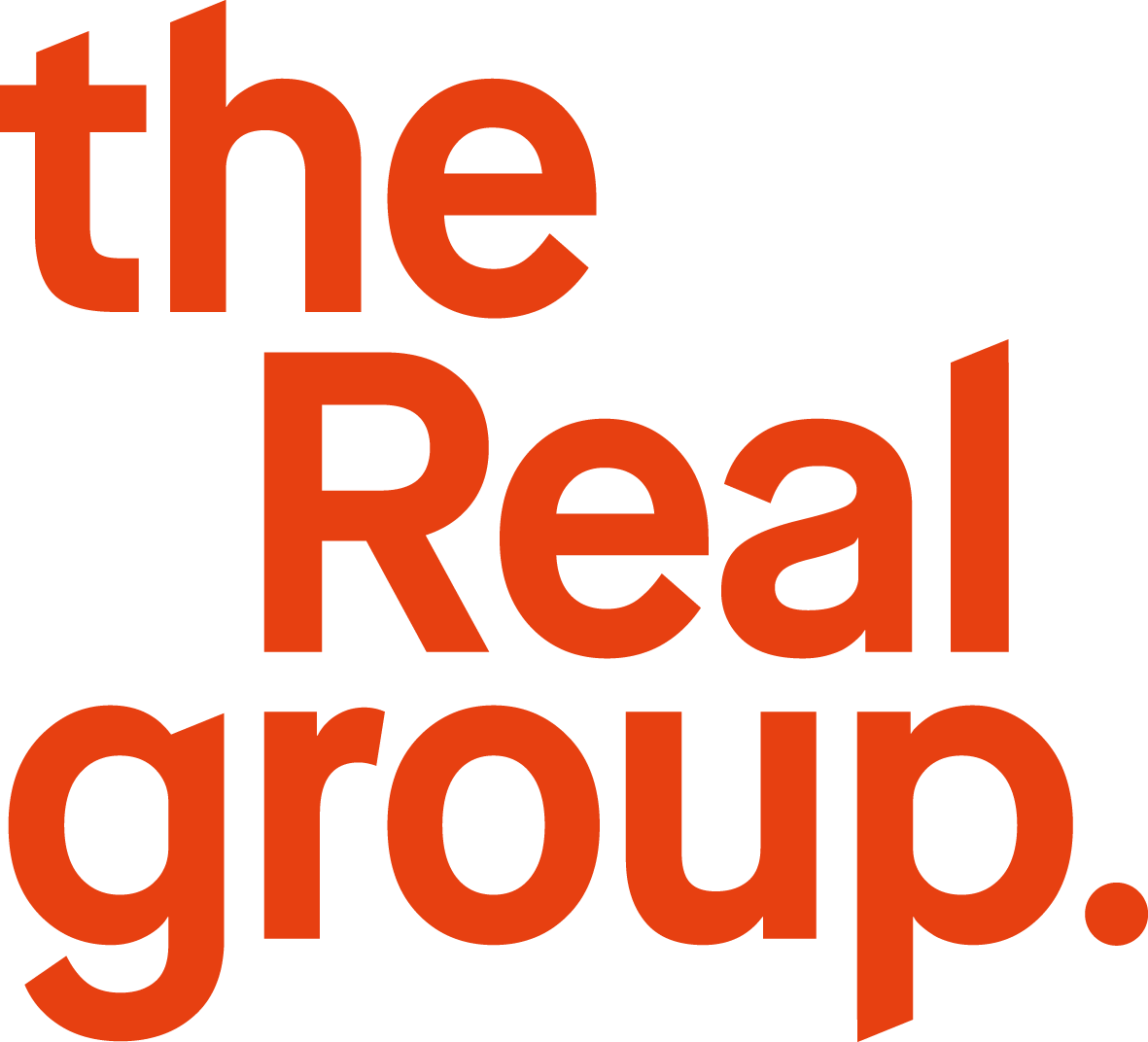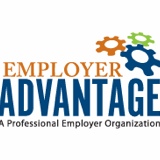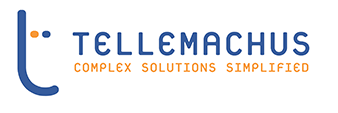Title Page
-
Site conducted
-
Business Entity:
-
Location:
-
Location:
-
Location: Millroy Drive
-
Location:
-
Location: Millroy Drive
-
Location: Millroy Drive
-
Location:
-
Location:
-
Location:
-
Conducted by:
-
Date:
-
Status of Report (Systems Manager use only):
MAIN OFFICE
-
Instructions:
* This checklist shall be used to conduct workplace safety inspections for all businesses
* Minor risks and hazards which can be easily fixed should be attended to immediately
* All hazards shall be reported to the relevant manager who will implement the Risk Management process
* The Safety Inspection shall be completed by a person working at the site
Walkways / Floors / Work Areas
-
Passageways are unobstructed
-
There are no obvious slip, trip and fall hazards
Storage
-
All materials stored are clear of walkways
-
Floors around shelves are clear of other items and/or rubbish
-
All shelving is secure and stable
-
Materials stored on shelves are securely stacked
-
Materials on top shelves are not at risk of falling and can be accessed safely
Hygiene
-
Bins are available and suitably located
-
Bins are emptied regularly
Workstation
-
There is safe entry to and exit from each workstation
-
Office equipment is suitable for business operations
-
Chairs are well designed and adjustable
-
There is sufficient leg room at work stations
-
There is adequate work space available at each work station
Lighting and Indoor Climate
-
The lighting allows workers to move about easily and to carry out their work effectively without straining their eyes
-
There is an adequate air conditioning system and ventilation that draws in fresh air
-
The air conditioning unit is inspected, tested and maintained regularly
-
Indoor temperature is maintained at an appropriate level
-
Air quality is acceptable, no odours, fumes or particles evident
Bathroom and Toilet Amenities
-
There are an adequate number of toilets available and accessible
-
There are washbasins and liquid soap available
-
There is paper towel, hand towel or air dryers available for use
-
Toilet paper including spare rolls are readily available
Kitchen Amenities
-
Adequate eating facilities are available
-
Drinking water is available
-
Food is stored appropriately and refrigerated if required
-
Floors are free from water and other potential slip hazards
-
Benches and equipment are clean
Manual Handling
-
Manual tasks involving heavy loads is avoided where possible
-
Mechanical lifting aids are available and used where necessary
-
Safe team lifts are used where possible; Determined by interviewing staff and observing lifting activities at the time of the inspection
Training
-
All Workers have completed the Company Induction
-
Staff Training needs have been identified
-
Staff Training records are kept and are up to date
-
License records, including high risk licenses, are current
GROUNDS AND SHED
Personal Protective Equipment
-
Correct and appropriate PPE is supplied where necessary
-
PPE being used at the time of this inspection is being used correctly
Gardeners and Maintenance Shed
-
Equipment and contents are stored neatly
-
Shed can be accessed safely with no slip, trip or fall hazards
-
Floors around shelves are clear of other items and/or rubbish
-
All shelving is secure and stable
-
Materials stored on shelves are securely stacked
-
Materials on top shelves are not at risk of falling and can be accessed safely
ELECTRICAL SAFETY
Test and Tag
-
Refer to Worksafe Queensland for more information for Testing and Tagging of Electrical Equipment
https://www.worksafe.qld.gov.au/injury-prevention-safety/electricity/electrical-equipment-and-tools-testing-and-tagging -
Residual Current Devices are installed and tested at correct intervals OR Electrical equipment is tested in accordance with the intervals stated in the Electrical Safety Regulation
-
There are no Frayed or broken plugs, sockets, leads or switches
-
Faulty equipment is removed from the workplace
-
There are no double adapters or 'piggybacking' of electrical plugs or cords in the workplace
EMERGENCY PREPAREDNESS
Fire & Emergency
-
Emergency personnel have been appointed and are known
-
Suitable Fire Extinguishers are available for all potential sources of fire
-
Fires extinguishers and / or hose reals are serviced and tagged 6 monthly
-
Fire extinguishers are suitably located and easily accessible
-
Emergency evacuation signs are clearly displayed throughout the workplace
-
Emergency drills and evacuations are practiced periodically
-
Emergency assembly points are signed
-
Signs are placed where necessary; i.e First Aid Kit location, Fire Extinguisher location, Emergency Responsibilities
First Aid
-
There is a First Aid kit located in the workplace
-
The contents of the First Aid kit are clean and orderly
-
The contents of the First Aid kit are adequate for the workplace
-
The contents of the First Aid kit are not past their expiry date
-
First Aid kits are clearly labelled
-
Workers are aware of the location of the First Aid kit
-
A trained First Aid person is on the premises at all times
CHEMICALS, HAZARDOUS SUBSTANCES AND DANGEROUS GOODS
Chemicals & Substances
-
Have hazardous chemicals been identified? (in accordance with the Globally Harmonized System of Classification)
-
Chemicals that are packed and used in a manner consistent with normal household use are not considered hazardous chemicals e.g. 1kg laundry detergent used weekly is consumer, however, 30kg container detergent used for commercial laundering is not considered to be a consumer product
-
Is there a register with a list of the hazardous chemicals?
-
Is there a Safety Data Sheet (SDS) for hazardous chemicals used in the workplace?
-
Are SDSs available near chemical storage?
-
Are chemicals and substances stored in their original packaging and containers are clearly labelled?
-
If chemicals are stored in food containers or bottles remove from the workplace IMMEDIATELY and advise the manager
-
Have Risk Assessments been completed for those chemicals listed as Hazardous in accordance with the GHS of Classification?
-
Have workers received training / familiarisations in the use of the Hazardous Chemicals in the workplace?
-
Is there a procedure for the management of hazardous chemical spills e.g. obtain a spill kit, emergency planning?
Storage
-
All chemical / substance containers are labelled correctly. No decanted substances that are unlabeled.
-
Labelling must be in accordance with the globally harmonised system for the classification and labelling of chemicals (GHS). Refer to the Labelling of Workplace Hazardous Chemicals Code of Practice
https://www.safeworkaustralia.gov.au/system/files/documents/1705/mcop-labelling-workplace-hazardous-chemicals-v3.pdf -
Unused Substances are disposed of in a safe manner
-
Segregation of dangerous goods and hazardous chemicals occurs where necessary
-
Refer to the hazardous chemical and / dangerous goods safety data sheet for segregation requirements. Refer to the WorkSafe Qld Segregation Tool for more information
https://www.worksafe.qld.gov.au/injury-prevention-safety/hazardous-chemicals/managing-incompatible-goods/segregation-tool#compatible -
Storage containers are in good condition. For example; free from rust, dents, not leaking
-
There is appropriate Hazchem Placarding for Hazardous Chemicals
-
Hazchem placarding is applicable for stored hazardous chemicals when their quantity exceeds those specified in schedule 11 of the Work Health and Safety Regulation. See attached document 'Placarding for storage of hazardous chemicals'.
https://www.worksafe.qld.gov.au/__data/assets/pdf_file/0020/83180/placard-storage-haz-chem.pdf
VEHICLES, PLANT & EQUIPMENT
Servicing
-
Vehicle and Truck servicing is current
-
Forklifts and machinery maintenance and servicing is current
General Use
-
Pre-Operational Inspections are being done on Vehicles and High Risk Plant & Equipment
-
Tools and equipment are securely stored in workshops and vehicles
-
Workers are receiving familiarisations for potentially high risk plant and equipment i.e. mowers, whipper snippers, hedger etc
RISK MANAGEMENT
-
The requirements of the Operational Risk Assessment have been implemented in the workplace i.e. controls
-
Has the operational risk assessment and JSAs been communicated to all employees? (check a selection of employees against signed records)
ADDITIONAL COMMENTS
-
Additional Comments / Notes:











